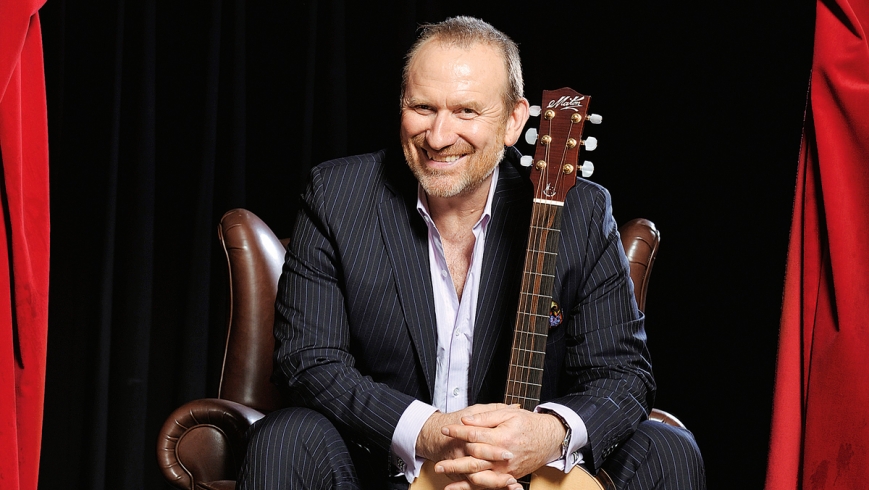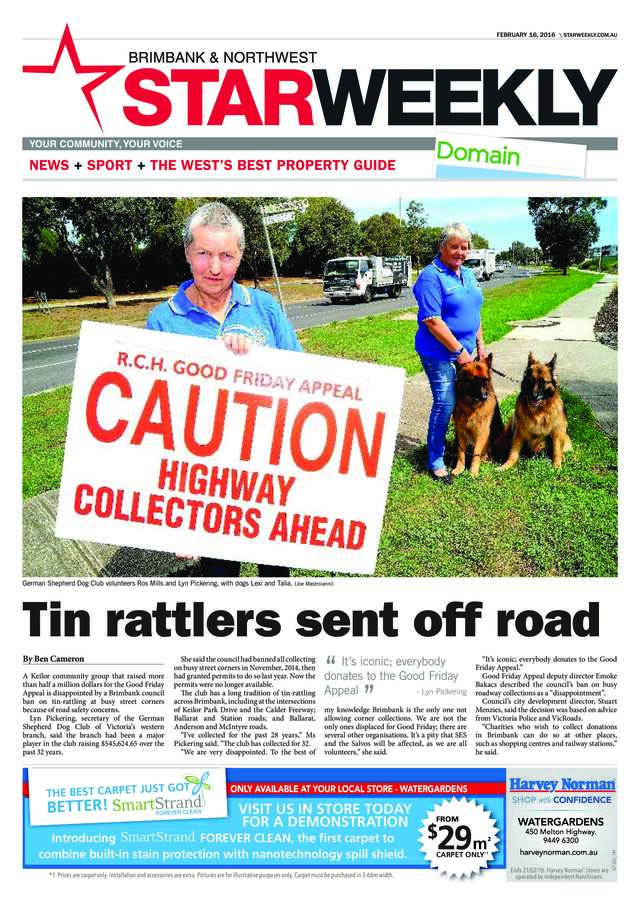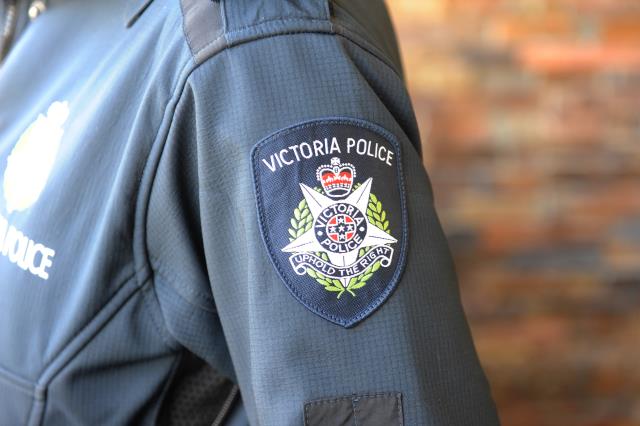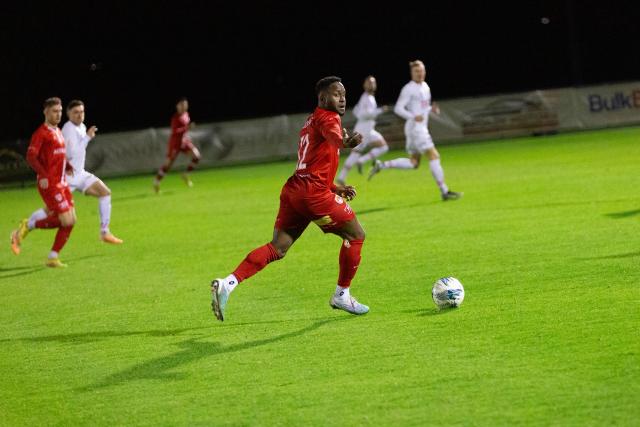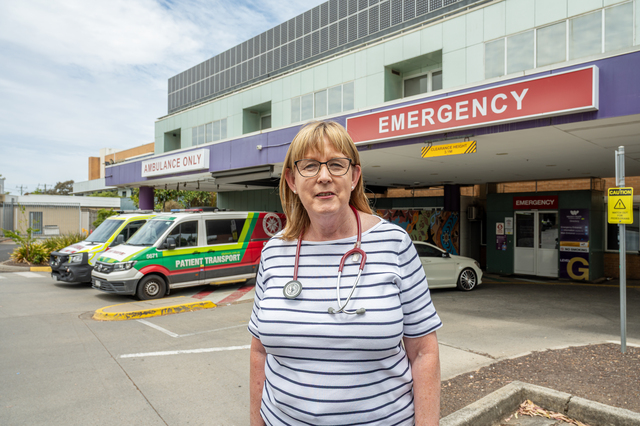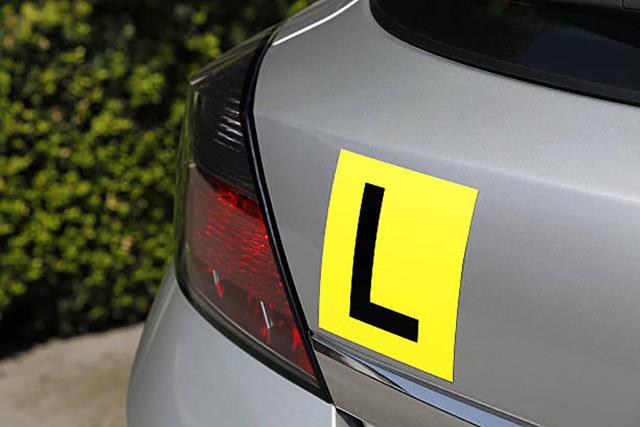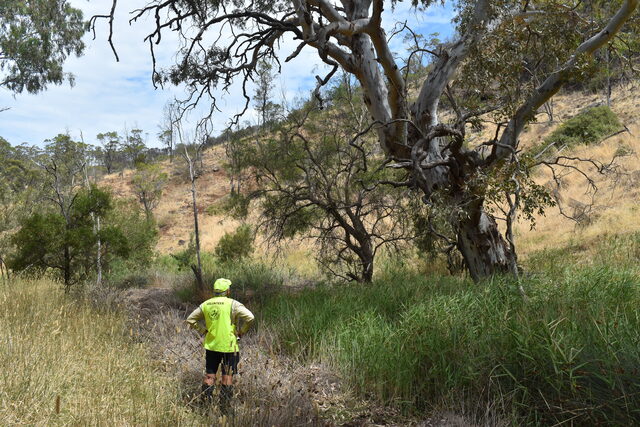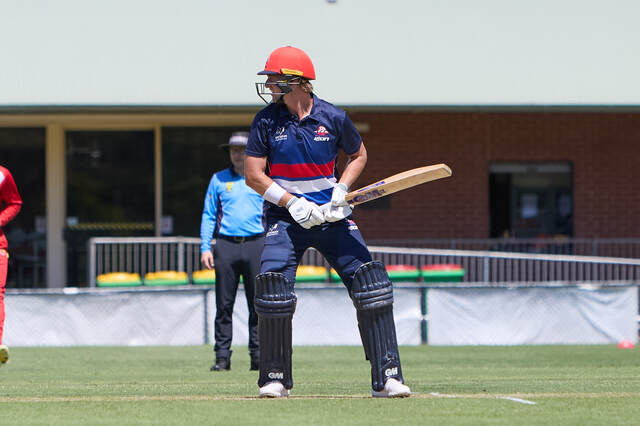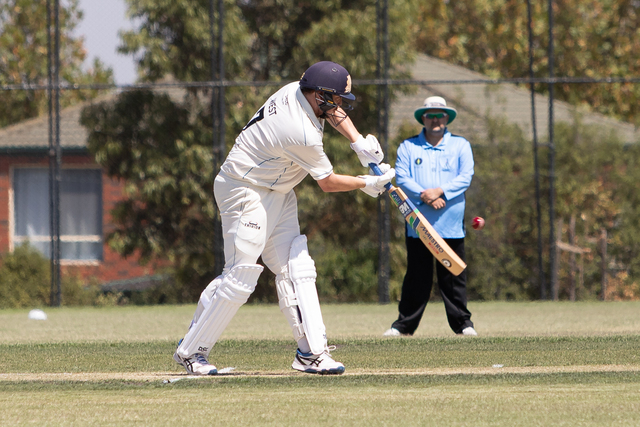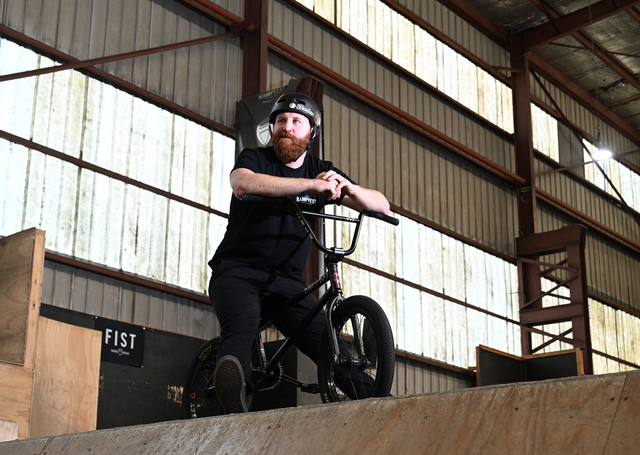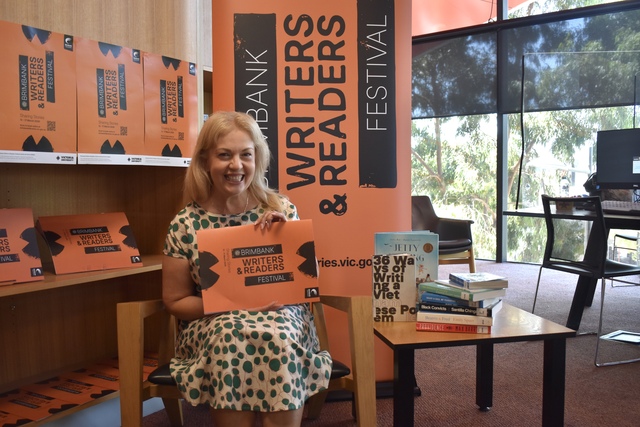Colin Hay is sitting in the front room of his house in the hills above Los Angeles. It is 1993. Details of the day are not known, but let’s say it’s hot. There’s lots of Californian blue sky. Curtains are pulled against its heat. Zephyrs lift a single eagle in the air higher, a pin-drop against the blue.
The man who has sold, at this point in his life, more than 30 million records is also alone. Just an acoustic guitar. A cup of strong coffee, not whisky. And the ever-present swirl of unfinished songs in notebooks and on loose sheets.
A songwriter mate called Tom Mooney breezes in. “How are you doing, Tom?” Colin says. Tom replies: “I don’t know … I just feel like I’m waiting for my real life to begin.”
The answer unlocks something in Hay. Like songs sometimes do, one is brought into being simply by the phrase. He begins to work back, to find the story, the chords, the melody. More words follow.
Any minute now, my ship is coming in / I’ll keep checking the horizon, and I’ll check my machine / There’s sure to be that call, it’s gonna happen soon, soon, oh so very soon …
Hay explains the story of the song. “The way Tom said that really resonated with me because I was waiting around for something to happen, you know. And then it really struck me that nothing is going to happen to you unless you leave your house, and go out and do stuff and take some action. To make things happen. That’s what I’ve been doing ever since. It’s an important song for me in that sense. Leaving behind the past and just letting it be, you know.”
The story begins here for two reasons. The first is to tie the interview in with Hay’s run of shows at the Melbourne International Comedy Festival titled Waiting For My Real Life, which references the song. Second, and more importantly, this moment was something of a median point in the career and life of one of Australia’s most successful and enduring songwriters.
It says much about where he had been and where he was to go. Behind him lay the kind of glory few artists have known. First in Australia, New Zealand and Britain, before the big time in the US where in 1981 his band Men At Work watched their debut album Business As Usual and single, Down Under, reach No. 1 simultaneously. Strewn amid the success were too many liquor bottles and broken relationships.
Ahead of Hay from this fateful point lies more glory, though a quieter, unplugged kind. Unplugged also in the sense that it’s not wired. It’s not drunk, it’s not stoned. It’s Colin Hay; acoustic balladeer, storyteller, teetotaller.
While as fans we divide our favourite musicians’ lives into albums and songs – expecting this to correspond with something meaningful for them – they have their own distinct chapters. Hay’s relate to where he has lived. This scene in Los Angeles also marked his move away from Australia and the “beginning of my third life”.
“I lived in Scotland for my first 14 years; that was a life in itself. The punctuation mark was when I went to Australia in ’67, where I stayed for quite a long time. That was another life. Since then, I’ve been living in California. It’s another life again, completely different and separate. I find Los Angeles a spiritual kind of city. The light and the air has a certain quality to it.”
Air is a good theme for this interview, which starts with Hay fully inflated. He is curious about where I live in Melbourne and why. Hay owns a two-bedroom place in St Kilda behind the Esplanade Hotel. He bought it off the plan six years ago.
“I can’t think of where else I would go,” Hay says. “I lived there 30 years ago, before I left for LA. Then I came back and I got my own place and now I live between the two. When I’m in Melbourne, that’s where I am.
“It’s funny, you know, when you go back to St Kilda, you tend to see the same people wandering about there that were wandering about 30 years ago. They’re just a little redder in the face. They’re a bit more shell-shocked but they chat to you like they saw you yesterday, which is also sort of comforting.”
Hay’s permanent residence is in Topanga Canyon in the mountains above Santa Monica, where Neil Young and Charles Manson had places in the ’70s. He and his wife, Peruvian singer Cecilia Noël, own a “small stone and timber A-frame place, built by an old hippie” up among the million-dollar houses on acreage.
In the second verse of Waiting For My Real Life to Begin, Hay describes the times as “lean”. How would he describe them now? There is a pause.
“Well, they are extremely good times for me in many ways,” he says, sighing, letting out a lot of air before he goes on.
An image of Hay slowly deflating like a man-shaped air mattress forms and persists.
“The first reason is that I’m still walking around and that’s a good thing. I like living. I don’t know what the other thing is, and we’ll all find out at some point. I turned 60 around the same time my mother turned 90. And then my mother passed away a few days later.”
In The Age in early 2013, Hay described his mother, Isabella, as a “movie actress who was never in films … a star.” The combination of Hay’s milestone birthday and his mother’s death weighs heavily in his words. After another long silence, he continues to ruminate on the subject of time, one of the mainstay tropes in his lyrics. He references a line from his ballad I Just Don’t Think I’ll Ever Get Over You, which appeared in the platinum-selling soundtrack to the movie Garden State.
“I just like that idea of shaking the hand of time and making a kind of deal – the deal is, that it doesn’t really matter how much time goes by, there are certain things that are going to be a constant.”
Like so many others in his catalogue, the song – one of the most powerful and poignant odes to the lingering effects of a relationship breakup – also mentions alcohol. “I’m no longer moved to drink strong whisky,” he sings with a kind of weary hopefulness. In other tunes, such as I Wish I Was Still Drinking, he just plain admits it. He misses beer, wine, spirits, everything. He also misses the amnesia, the anaesthesia, the Dutch courage, the distraction that comes with copious amounts of all of it. Does he still?
“Yes. Very occasionally,” he says. “Not enough to make me drink. If I am somewhere where I feel very safe, or if I’m with very close friends, and I’m somewhere where there’s delicious food you know, fantastic wines … Very occasionally I’ll get a whiff of it and think, I remember that. But not enough to make me drink any of it.”
Would it be possible to enjoy just one wine with a nice dinner? “Andrew, I’m an alcoholic. That’s plain and simple,” he says. “You have to tell yourself the truth. And it’s not really about how much you drink, it’s about what happens when you drink. I mean, it’s something that you have to constantly monitor and it’s never an exact science by any stretch of the imagination.”
This leads us to an interesting place. Hay has copped criticism about his decision to leave Australia for Los Angeles in the early ’90s. The facts are compelling – at that time, Hay was playing to 150 people at the Espy and 150,000 at the Rock in Rio event. You can’t blame someone for going where their bread, or empanada, is buttered. But the facts don’t tell the whole story.
In 2004, in another interview with The Age, he said at that time he’d thought, “F—, if I stay in Melbourne, I don’t know if I’ll be alive in five years”. Could he elaborate? “Australia is a very difficult country to stop drinking in. People don’t like it when you stop, because usually they have got a problem as well. The whole country has an alcohol problem.
“But I just knew that I had to quit if I was going to survive.”
“I would try all kinds of things. ‘I will only drink wine today’,” he says, affecting a mannered English accent. If this little skit is anything to go by, his Comedy Festival show will be really something. “ ‘I shall only drink with food.’ ‘I will wait till after 6pm.’ ‘I shall only drink white spirits.’ ‘I shall only drink with women.’ ”
By the third or fourth clause, we’re both laughing out loud. The moment of levity reinflates Hay and emboldens me to dare ask if he drank when he wrote any of his multiple hits, such as Down Under and Who Can it Be Now? Did alcohol play any part in his creative process as a songwriter?
“None. None!” he says again, in the most emphatic statement of the interview. “Alcohol is useless as far as that goes, for me. I mean, I can’t really remember writing a song drunk or when I was drinking, ever.”
Ironically, quitting drinking gave Hay’s voice all the qualities of the best top-shelf liquors. His vocal tone, which can be stringent and as taut as an overwound guitar string, is now more often rich, mellow and peaty.
His solo work, recorded sober, has yielded many songs of the highest quality.
There has been a tendency in the media to characterise Hay’s post-Men At Work career as one played out in relative darkness compared with the blinding lights of its beginning. But I challenge anybody to listen to the two songs already mentioned, or another, Beautiful World, without feeling something, without agreeing that, when Hay is good, he’s one of the greats – up there with the Dylans, the Youngs, the Finns.
“Beautiful World was really about the whole idea of ritualising simple things,” he says. “I used to spend a lot of time drinking, and really just trying to get out of my own skin. This song puts forward an idea that there is great beauty and simplicity in simply being, you know? When I wrote it, I was somewhere that was completely new and that was Los Angeles. I was starting out another life in a new country with new people, leaving everything behind me in a way.”
So, the story loops around and we are at the beginning. In a room, alone with a guitar, or a pen, or a paintbrush, with some kind of message to share. Not waiting for life to begin any more, but celebrating life as it is. Swimming in the sea, making love to people who at least like us, and driving a car with the top down – all lyrics from this tune that should be considered Australia’s answer to What A Wonderful World.
“It’s a song that’s about us, as people, trying to get better all the time,” he says. “You know, trying to make what you do more essential. Saying more with less. All those kinds of things. You’re just constantly trying to lay things bare. For me, it’s doing better shows. To just be better. I like having this distillation process and for me it ends with a stage. If I can’t drink it, if I can’t drink the single malt, I’ll just try to sing a good song. Yeah?”
» Colin Hay’s Waiting For My Real Life is at the Playhouse, Arts Centre, April 10-12.

